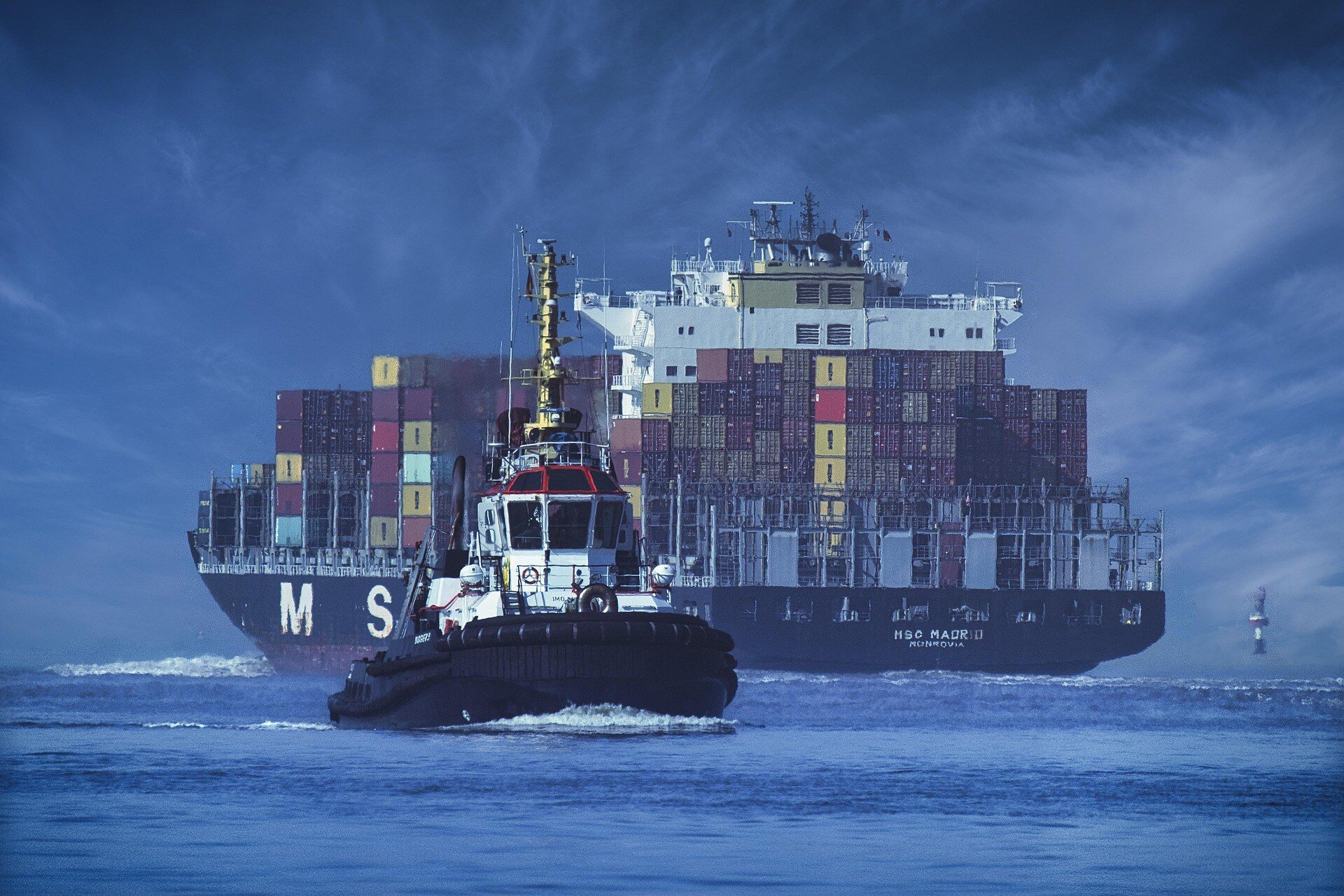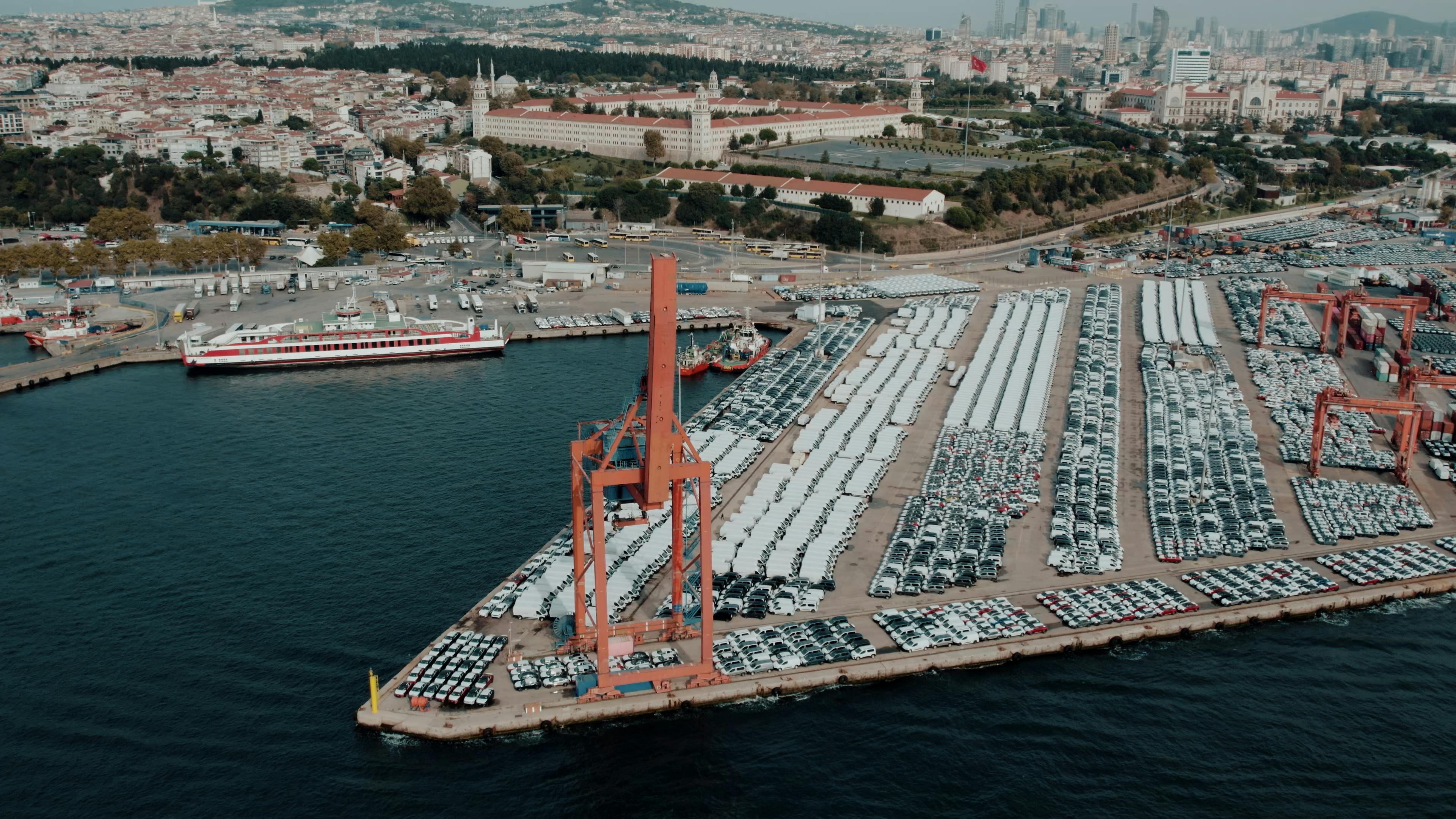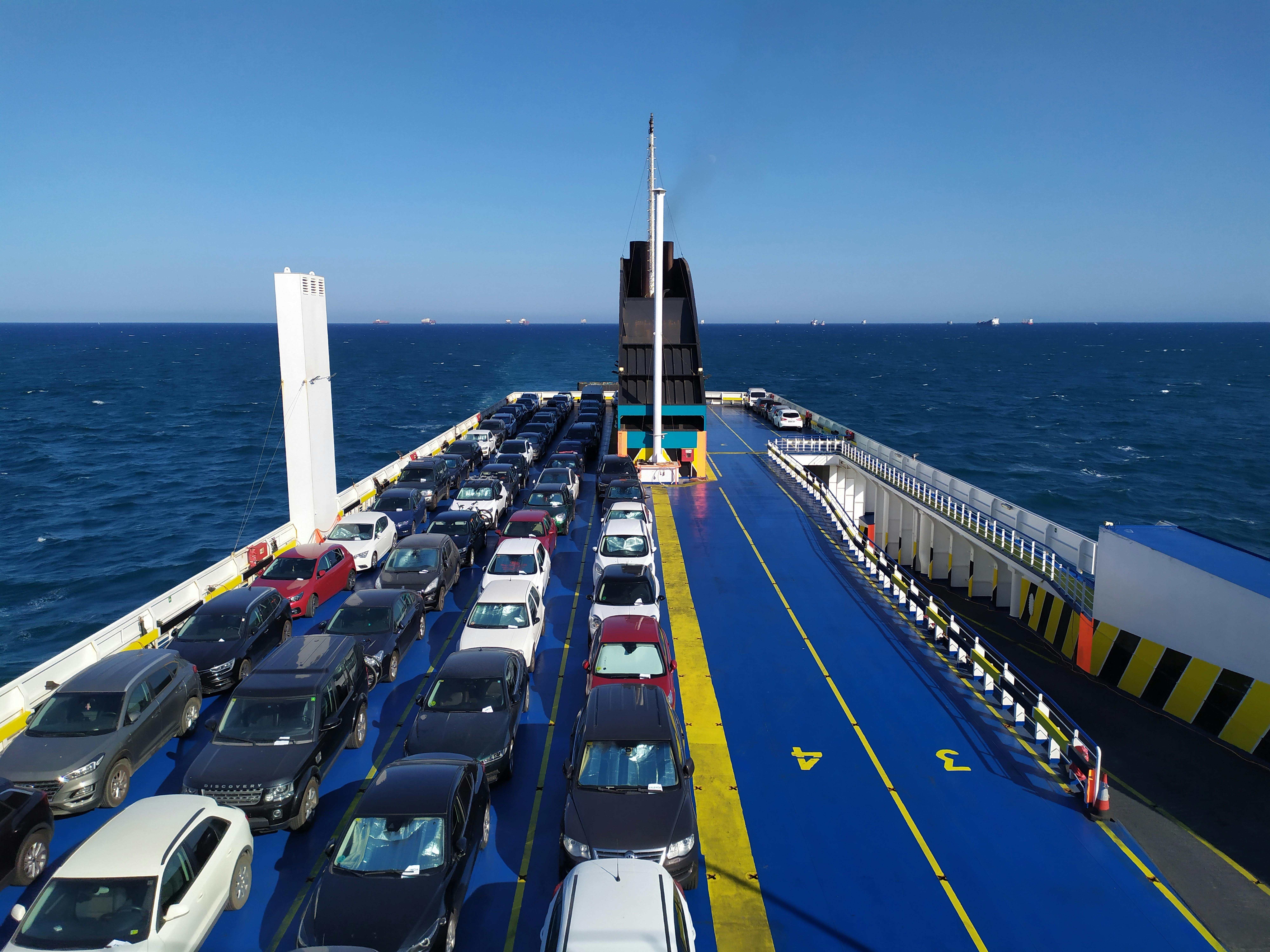Introduction
Preparing your car for international shipping is a critical step to ensure it arrives at its destination safely and without delays. Proper preparation not only protects your vehicle during transit but also helps you avoid unexpected complications with customs or the shipping process. In this guide, we’ll walk you through the essential steps to get your car ready for its overseas journey.
1. Clean Your Vehicle Thoroughly
Before shipping, give your car a thorough cleaning inside and out. This is important for two reasons:
- Customs Inspections: A clean vehicle makes it easier for customs officials to inspect for dirt, pests, or plant material that could violate import regulations.
- Damage Documentation: Cleaning your car allows you to clearly see and document any pre-existing damage.
Take photos of your car from multiple angles, including close-ups of any scratches or dents. These photos will serve as evidence if you need to file an insurance claim.For more tips on preparing your vehicle, visit our International Car Shipping Process Guide.
2. Remove Personal Belongings
It’s essential to remove all personal items from your car, including:
- Loose items in the trunk, glove compartment, and storage areas.
- Accessories like GPS devices, toll tags, and aftermarket add-ons (e.g., bike racks or spoilers).
Shipping companies typically prohibit personal belongings in the vehicle due to customs regulations and liability concerns. Leaving items in the car can lead to delays or additional fees.
3. Check Fluid Levels and Address Leaks
Ensure all fluid levels (oil, coolant, brake fluid) are at appropriate levels and check for any leaks under the car. Leaks can cause complications during transit and may result in your vehicle being denied shipment.Additionally:
- Leave the gas tank about ¼ full to reduce weight while still allowing for basic operations during loading and unloading.
- Disconnect the battery to prevent it from draining during transport.
Learn more about vehicle preparation on our International Car Shipping page.
4. Secure or Remove Loose Parts
Loose parts can shift during transit and cause damage to your vehicle or others nearby. Ensure that:
- Antennas are removed or retracted.
- Side mirrors are folded in.
- Roof racks or spoilers are securely fastened or removed if possible.
For classic or luxury vehicles with unique features, consult with professionals like West Coast Shipping who specialize in handling high-value cars.
5. Disable Alarms and Provide Spare Keys
Deactivate any alarms before shipping to avoid unnecessary disruptions during transit. Additionally, provide a spare key to the shipping company while keeping another set for yourself. This ensures they can operate the vehicle if needed without risking loss of your only key.
6. Inspect Tires and Brakes
Ensure that your tires are properly inflated and in good condition. Flat or overinflated tires can pose risks during loading and unloading. Similarly, make sure the emergency brake is functioning correctly to secure the vehicle during transport.
7. Review Insurance Coverage
Standard shipping insurance may not cover all potential damages during transit, especially for high-value vehicles like classic cars or luxury models. Verify what’s included in your shipping agreement and consider purchasing additional coverage if necessary. For peace of mind, explore optional cargo damage protection offered by West Coast Shipping.
8. Complete Required Documentation
Proper documentation is crucial for a smooth shipping process. Ensure you have:
- The original vehicle title (or lien release if applicable).
- A bill of sale or proof of ownership.
- Any customs forms required by the destination country.
Missing paperwork can lead to delays or fines, so double-check everything before handing over your vehicle.
9. Schedule Pickup Ahead of Time
Coordinate with your shipping company to schedule pickup well in advance of your desired departure date. This allows time for unforeseen delays and ensures your vehicle aligns with shipping schedules.
10. Perform a Final Inspection
Before handing over your car, perform one last inspection:
- Confirm all personal items have been removed.
- Double-check fluid levels and tire pressure.
- Take final photos of the car’s condition for documentation purposes.
By following these steps, you’ll ensure that your car is fully prepared for its international journey.
Why Choose West Coast Shipping?
At West Coast Shipping, we’ve handled thousands of international car shipments with care and precision since 2007. Our services include:
- Door-to-door delivery worldwide.
- Expert handling of classic and luxury vehicles.
- Comprehensive documentation assistance to streamline customs clearance.
For more information on preparing your car for international shipping, visit our International Car Shipping Process Guide or explore our homepage.By choosing West Coast Shipping, you can rest assured that your vehicle will arrive safely at its destination—on time and without hassle!
-093789-edited.png?width=220&height=79&name=wcs_final_logo_(1)-093789-edited.png)




